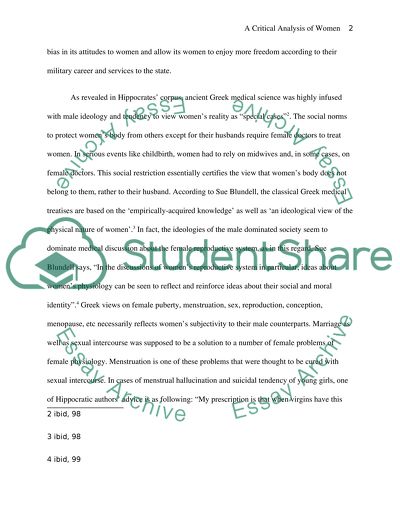Cite this document
(“A Critical Analysis of Womens Social Realities in Ancient Greece Essay”, n.d.)
A Critical Analysis of Womens Social Realities in Ancient Greece Essay. Retrieved from https://studentshare.org/history/1487852-a-critical-analysis-of-womens-social-realities-in-ancient-greece
A Critical Analysis of Womens Social Realities in Ancient Greece Essay. Retrieved from https://studentshare.org/history/1487852-a-critical-analysis-of-womens-social-realities-in-ancient-greece
(A Critical Analysis of Womens Social Realities in Ancient Greece Essay)
A Critical Analysis of Womens Social Realities in Ancient Greece Essay. https://studentshare.org/history/1487852-a-critical-analysis-of-womens-social-realities-in-ancient-greece.
A Critical Analysis of Womens Social Realities in Ancient Greece Essay. https://studentshare.org/history/1487852-a-critical-analysis-of-womens-social-realities-in-ancient-greece.
“A Critical Analysis of Womens Social Realities in Ancient Greece Essay”, n.d. https://studentshare.org/history/1487852-a-critical-analysis-of-womens-social-realities-in-ancient-greece.


